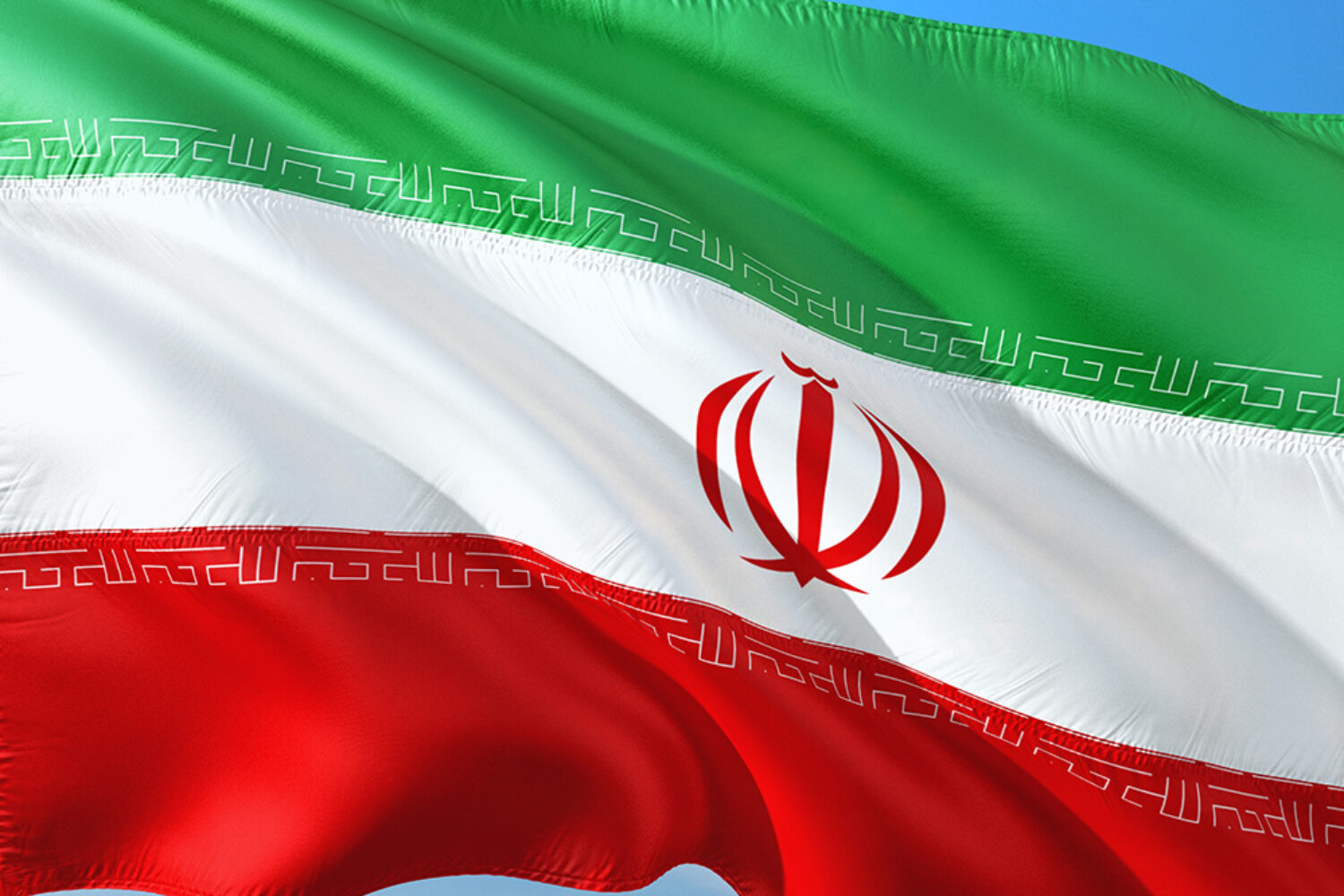The US government is increasing its economic pressure on Iran – with potential consequences for the shipping industry.
US Treasury Secretary Scott Bessent has met with representatives of 16 international banks and US authorities in Washington to discuss the global implementation of sanctions against the Iranian oil sector.
According to Bessent, the regime in Tehran uses billions in oil revenues to finance terrorist groups such as Hamas and to develop its nuclear program.
Back in February, former President Donald Trump signed an executive order to completely stop Iran’s oil exports. Concrete measures followed in March. The US Treasury Department sanctioned several oil tankers and the Chinese refinery Shandong Shouguang Luqing Petrochemical. The latter had purchased Iranian oil worth around 500 million dollars (460 million euros). The delivery came from ships with connections to the Houthis and the Iranian Ministry of Defense.
Shadow fleet and international company networks
In addition, 19 other companies and ships shipping Iranian oil were sanctioned. Many belong to a shadow fleet that manipulates or deactivates navigation data in order to conceal their origin. Ships affected include the “Natalina 7”, “Catalina 7”, “Aurora Riley”, “Viola, Volans”, “Titan”, “Brava Lake” and “Montrose”. They sail under the flags of Panama, San Marino, Hong Kong, Seychelles and Barbados.
The associated companies act as owners, operators or technical managers and are spread around the world. These include Astrid Menks Limited, Canes Venatici Limited, Placencia Services Inc, Citywallship Management Co, Jetee Co, Seapalm Shipping Limited, Zenith Bridge Inc, Lyrari Group Ltd, Setasean Ship Management and Britney Ryder Limited. According to the US authorities, these structures are used to circumvent sanctions and conceal cash flows.
Bessent emphasized that especially smaller independent Chinese refineries (“teapots”) such as Luqing play a crucial role. They secure stable revenues for the Iranian state, even though they operate off the regular trade routes. Large, state-owned oil refineries in the country have already stopped buying Iranian oil for fear of sanctions. According to the US, some of the Teapot deliveries are directly linked to the Revolutionary Guard and the Iranian Ministry of Defense.
Global warning to banks
Bessent also warned of a secret Iranian banking network that facilitates international foreign exchange transactions. Banks worldwide should protect their systems from exploitation. US sanctions apply to all US persons as well as foreign companies associated with or majority-owned by listed actors. Further sanctions are possible, particularly against foreign companies associated with sanctioned actors.
The names of the participating banks have not yet been published. In an interview, Donald Trump announced that he would also impose tariffs on buyers of Iranian and Russian products in future. He had already issued similar measures against imports of Venezuelan oil in March. (rup)













